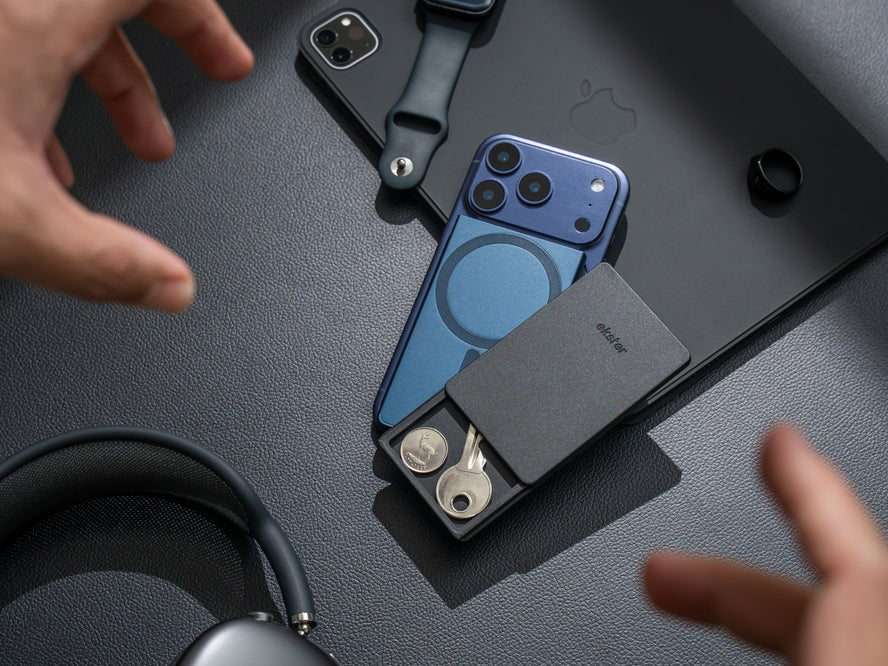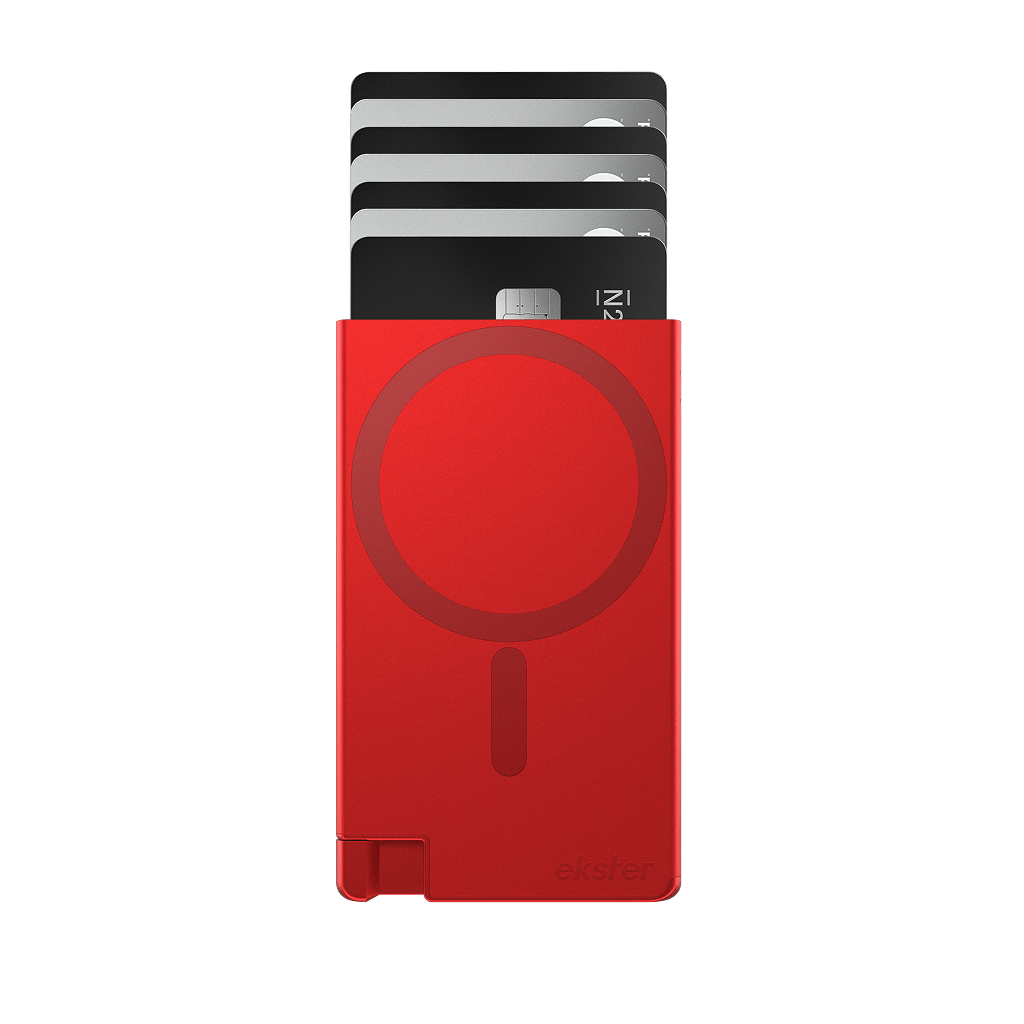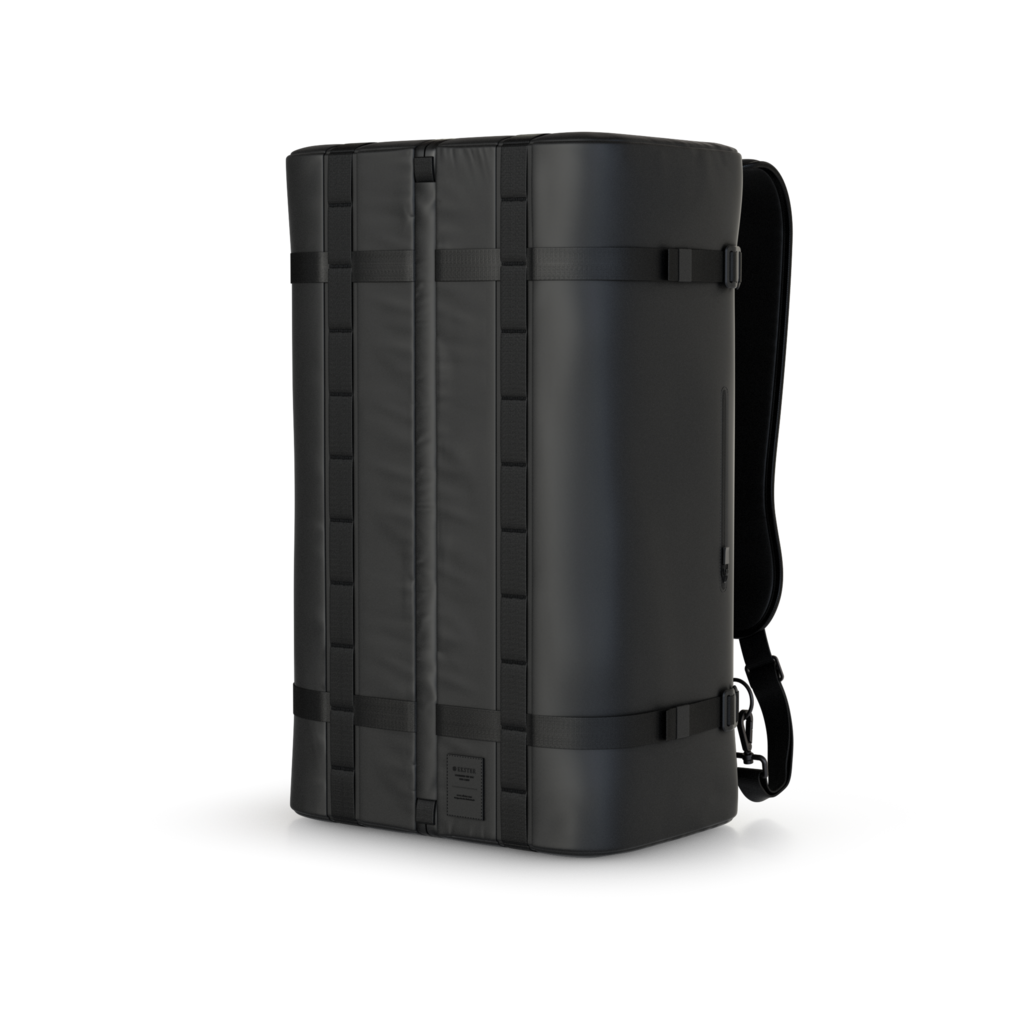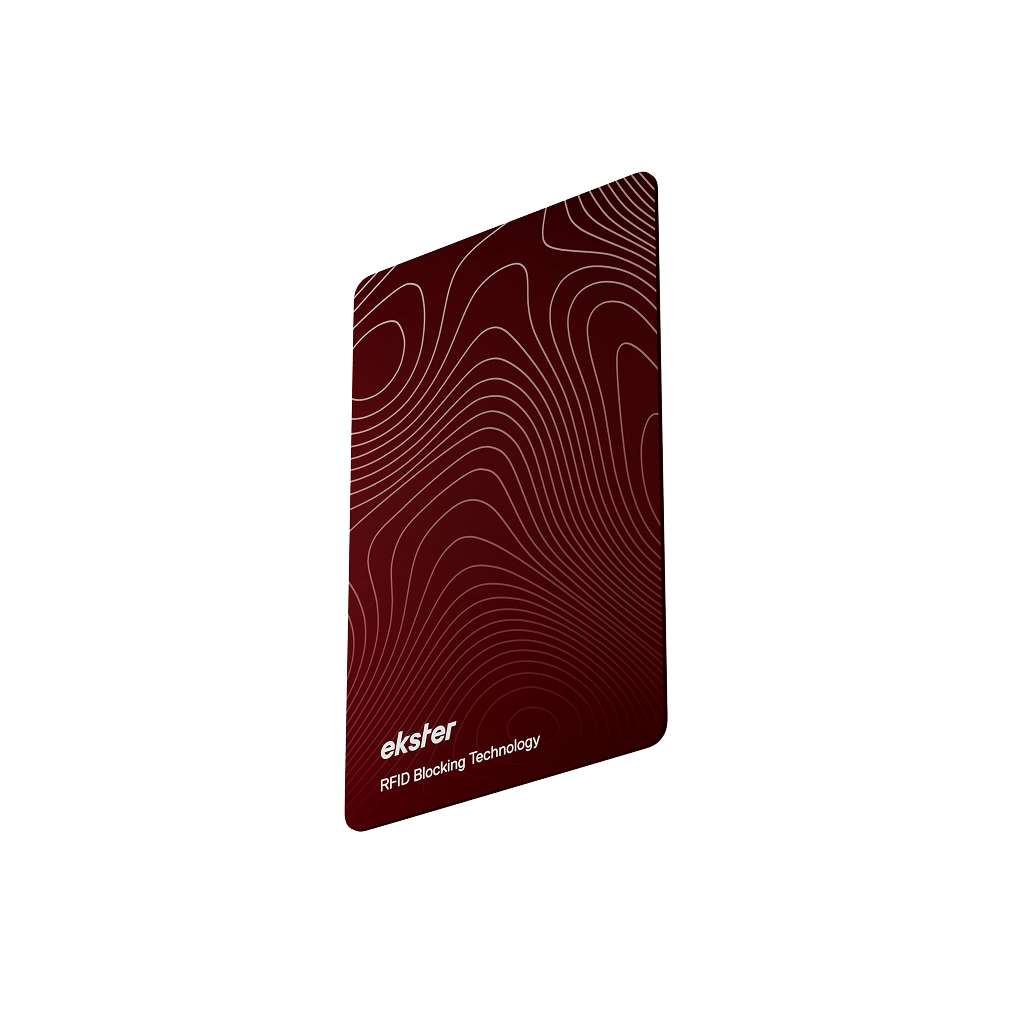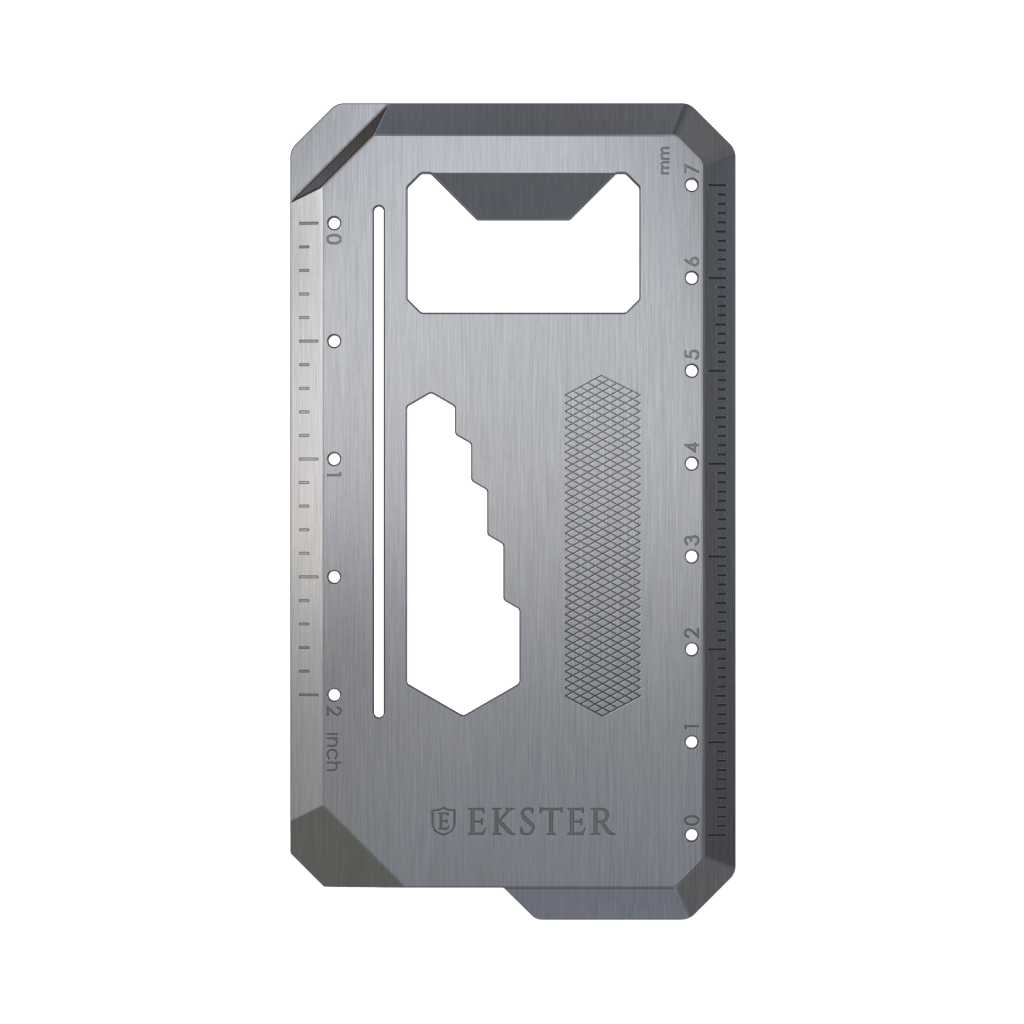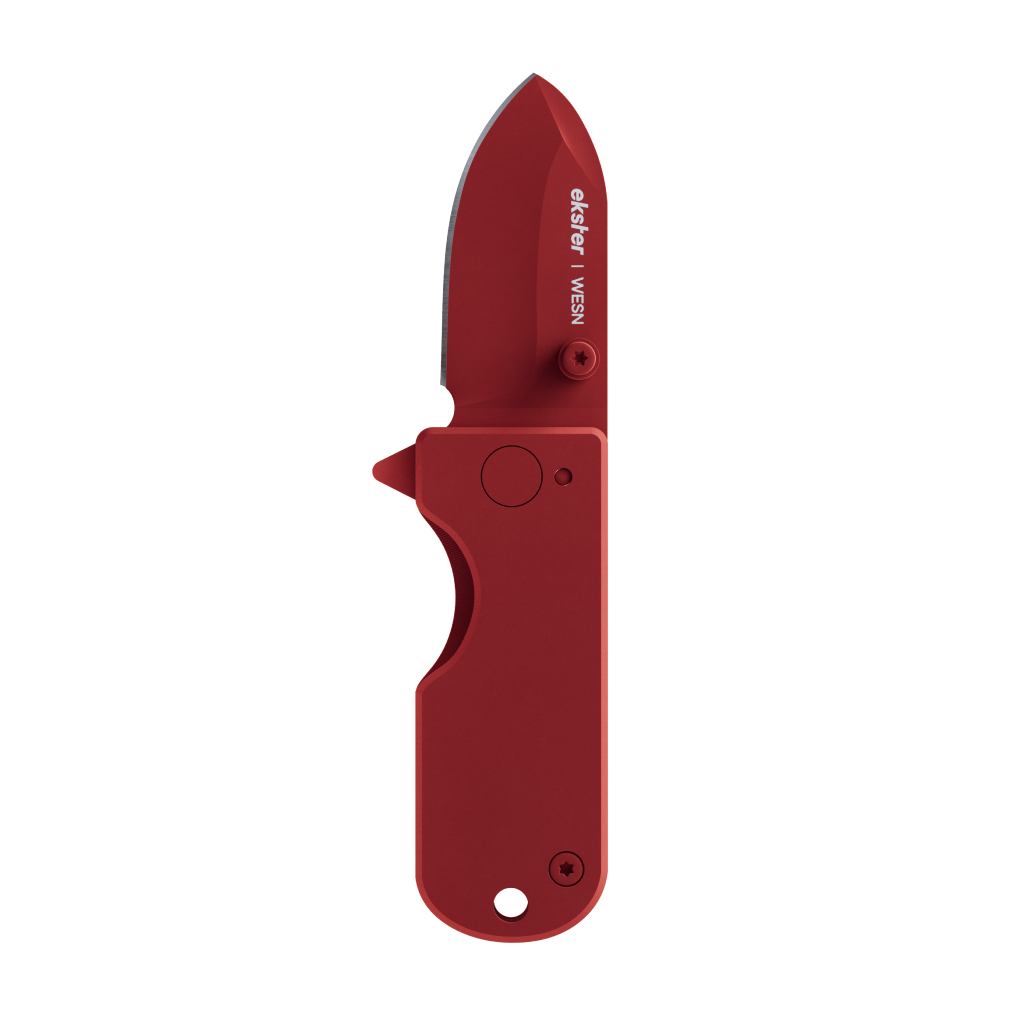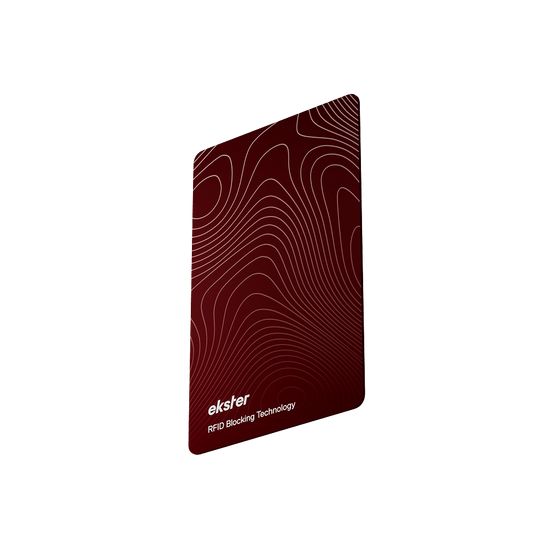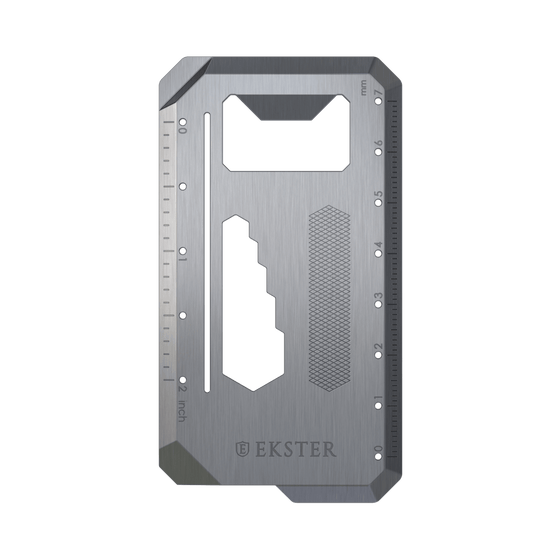How to Protect Yourself Against Identity Theft
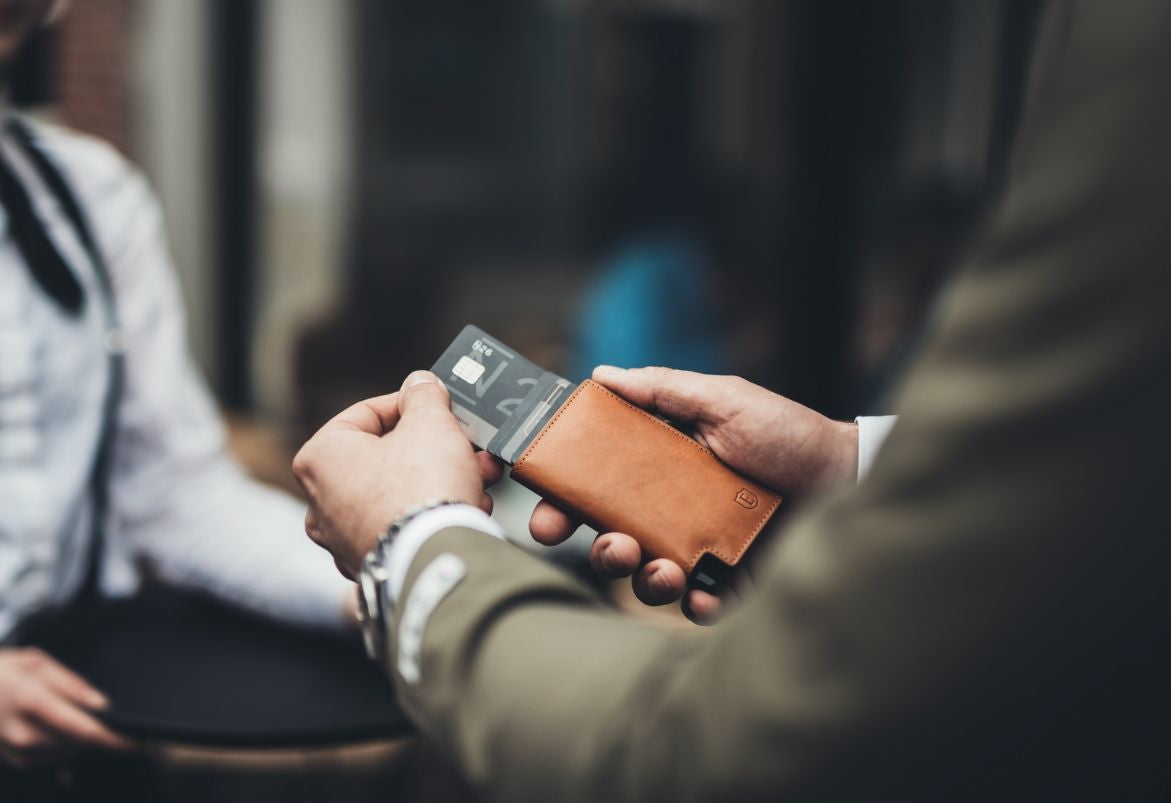
You can run, you can hide, you’re still going to get taken for a ride. Every two seconds, someone falls victim to identity theft! Unlike other criminal acts, identity theft isn’t immediately obvious. There’s often no tangible evidence, and it can go unnoticed for long periods of time.
In the past decade, it is estimated that over one billion private records have been cracked. According to a U.S. justice report, over 16 million people have become victims of identity theft since 2017, with an estimated $107 billion stolen by identity thieves since 2011.
 As work culture and our everyday lives migrate online, the threat of identity theft is evergrowing. Almost everything you want to do involves online transactions, passing along personal information, or using digital payments. And whilst sharing this information is essential, it now comes with the risk of hacking and identity theft, particularly where money is involved.
As work culture and our everyday lives migrate online, the threat of identity theft is evergrowing. Almost everything you want to do involves online transactions, passing along personal information, or using digital payments. And whilst sharing this information is essential, it now comes with the risk of hacking and identity theft, particularly where money is involved.
Resolving complications caused by such crime can be frustrating and painful, not to mention expensive: if left unnoticed for long enough, the damage can be impossible to repair. It’s vital to stay vigilant and know the signs of identity theft. Read on to find out how to tell if you’re at risk.
- Unexplained charges: It is essential to regularly check your online banking. If unexplained charges show up on any of your cards, do not assume it is an error. Contact your bank and inquire. Any suspicious charges, however small, could be well worth investigating.
- Credit card unexpectedly declined: the most common reason for a card being declined is low balance. But even if you’ve been eating out and shopping a lot, and it seems perfectly reasonable that you’ve run out of money, you should still investigate any decline of your card. We’re so used to swiping cards and contactless payments that we often neglect to check our accounts. By doing so, you’ll be aware if unknown sudden changes in your card before the damage is done, and your card is declined again!
- Bills for an account you know nothing about: receiving bills for unknown accounts may mean that an identity thief has used your information to open a new account. In this case, you should immediately contact the card issuer, and check your credit report to see if the two are linked.
- Missing billing statements: if you do not receive mail that you are expecting, it is possible that someone is getting to your mailbox before you are. Not all identity theft occurs online! Similarly, if you are receiving unexpected mail or parcels, it is possible that someone has hacked an account connected to your postal address. Get in contact with the sender as soon as possible, or contact the postal company for clarification.
- An unexpected change in your credit score: be it a drop or a raise, any unexpected drifts in your credit score are cause for alarm. Identity theft that alters your credit score may cost you more than just a new credit card. If left unchecked, an unexpected credit score could lead to rejection for promising career opportunities or your dream home; it can also lead to legal trouble down the line.
-
Social security irregularities: does your social security number show earnings that are not yours? Has the IRS informed you that someone has already filed an income tax return using your social security number? The agency’s online forum will summarize your statement, allowing you an overview of any income reported that isn’t yours. This is one of the most reliable ways of spotting potential identity theft.
 How can you protect yourself? Take a look at these three easy steps:
How can you protect yourself? Take a look at these three easy steps:
- Be aware. Keep a mental (and physical!) note of the activity that should be going on in each of your accounts. Be sure to expand your checks to cover health insurance, social security and credit checks, as well as banking accounts. Identity thieves could be using your healthcare plan to gain medical treatment. With current healthcare costs, surgery or serious medical attention could quickly exhaust your coverage before it is even brought to your attention.
- Be hawk-eyed. Regularly check your accounts, bills and online activity to be sure everything is regular. It can be tedious and tiresome to monitor your online presence, so you can also make it easier for yourself. Check out apps such as Identity Guard and LockLife which allow you to defend against and resolve identity theft! Other such apps worth checking out are CreditKarma and CreditSesame, which allow you to rectify repercussions of breaches in your online identity.
- Be secure. It is important to vary the passwords and email addresses you use to create accounts while keeping a safe record and using detailed security questions. By using the same password and email for every account, you open yourself up to the risk of having fraud bingo even if you’ve taken other preventative measures. Should you notice any of the above warning signs, do not hesitate to check that everything is regular.
The earlier an act of identity theft is caught, the less damage there will be to rectify. While identity theft is tiresome and difficult to recover from, it’s certainly not impossible; however, it’s far easier to secure your information before you have to, and keep yourself safe without needing a lesson for it.

